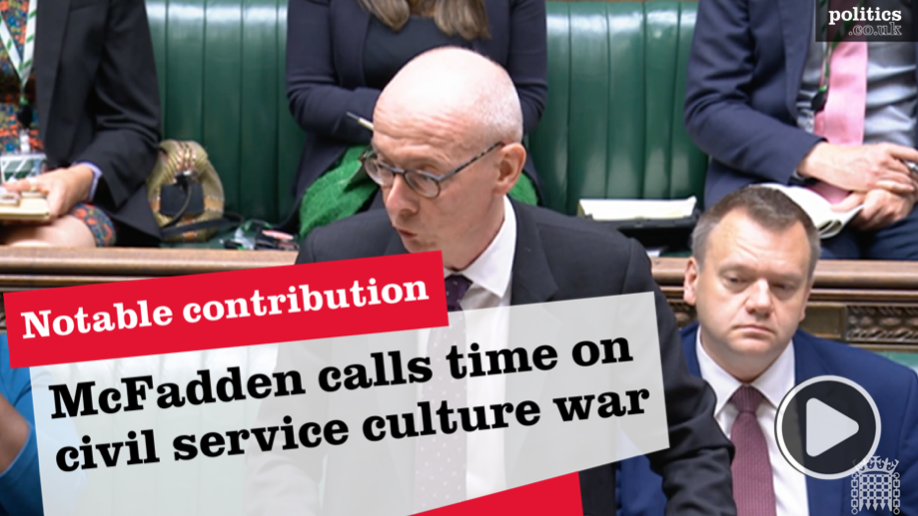How to begin to sum up the last 12 months in prisons? Chronic overcrowding, violence, self-injury and high rates of staff turnover have been major concerns for years, but the Covid-19 pandemic has added another cruel layer of desperation for the tens of thousands of people behind bars. The Howard League for Penal Reform has never been busier, and a solution to the crisis never more needed.
“My mental health is at a breaking point,” wrote one man in August. “I get 30 minutes a week in the gym. I have been very lonely throughout the Covid-19 pandemic and was really frightened and it has left me unstable.”
This man was in Chelmsford prison, responding to a survey by Her Majesty’s Inspectorate of Prisons. When the inspection team arrived, they found problems so severe that they urgently notified the Secretary of State for Justice, who was required to publish an action plan to improve the prison within 28 days.
The prison was overcrowded, designed to accommodate no more than 550 men but asked to hold more than 700. Four men had lost their lives through suicide within the last year. There was a rat infestation and staff morale was low. Even the roll-out of Covid-19 vaccinations had been botched – somehow, 70 men were given vaccines that had expired.
But Chelmsford is not an isolated case. Erlestoke prison, in Wiltshire, was found to have a rat problem, too, with droppings even discovered outside the governor’s office. HMYOI Cookham Wood, in Kent, kept boys as young as 15 locked up for 22 hours a day, while men in Brinsford prison, near Wolverhampton, were stuck in their cells for 23.
More than half the men who responded to the survey in Woodhill prison, near Milton Keynes, said that they had felt unsafe. This is a prison where seven in 10 staff have less than two years’ experience.
In Send, a women’s prison in Surrey, many mothers asked not to see their children because a ban on hugging – imposed to prevent the spread of Covid-19 – was too painful.
Together, these reports illustrate how the pandemic has piled more pressure on a system that was already struggling, and often failing, to provide even basic levels of decency. It is almost impossible to fathom the scale of mental distress that this has caused.
So, like everyone else, my hope for 2022 is that we take strides forward to keep people safe from this virus. Each vaccination brings us closer to purposeful regimes that allow people in prison to make amends and move on from crime.
We are not there yet. At the Howard League, we see the devastating impact of the restrictions each day through our legal work with children and young adults in custody.
Education has been cancelled in several prisons holding children because of outbreaks of the virus. Staff shortages have led to a very limited regime and many children have been forced to isolate.
One child, stuck on a wing where there had been confirmed Covid-19 cases, told a member of our legal team that he was testing negative but not allowed to leave his landing. He was getting hardly any time out of his cell.
The situation is similarly grim for the young adults under the age of 21 who we support, many of whom are in adult prisons. There, activities have not been running since the pandemic began. One young adult told us that his prison was effectively back into full lockdown because of staff shortages.
With the system in paralysis, it is difficult to make plans for doing things differently in the year ahead. The government has published a White Paper, however, outlining the changes ministers would like to see. Some of the proposals could begin to address prisons’ dire record on safety, education, work and resettlement, and the Howard League has long supported more autonomy for prison governors.
The overall strategic vision, however, is one which will send more people to prison every year, compounding the very problems that the White Paper seeks to solve.
The White Paper is out for consultation until 4 February, and we will use this period to carefully consider the government’s proposals. But the last 12 months have only underlined the need to rethink prisons as the solution to crime. They create conflict, thwart human potential, put a strain on emergency services and cost a fortune. Surely, we would be much better off investing this money in housing, education, jobs and hospitals.
The pandemic has been a catastrophe for people in prison. Failure to learn from it would be unforgivable.
@TheHowardLeague












